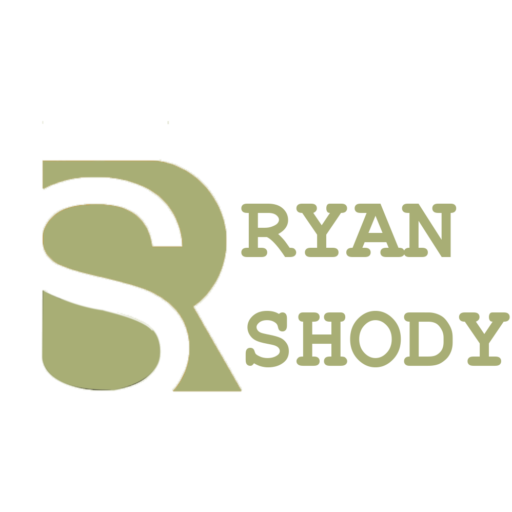In 2025, the significance of Top Software Project Management Tools in enhancing organizational efficiency and project success cannot be overstated.
As businesses navigate through complex challenges and strive for innovation, these tools have become indispensable in orchestrating project tasks, facilitating team collaboration, and ensuring timely project completion.
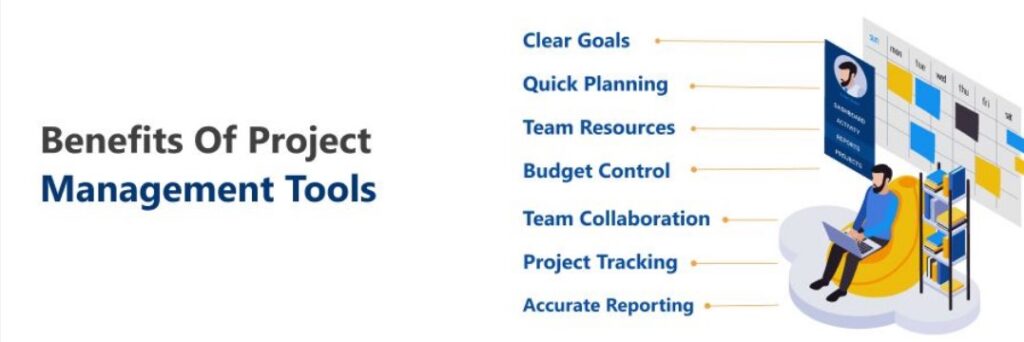
This evolution in project management practices makes a deep dive into the capabilities and features of the Top Software Project Management Tools both timely and essential.
The goal of this blog post is to meticulously examine and rank the leading software project management tools of 2025.
Our approach combines comprehensive research with detailed analysis and feedback from real users, ensuring a balanced and insightful review.

Whether you’re a project management veteran or new to the field, this post aims to be your go-to guide, offering clarity and direction in choosing the software that best fits your organizational needs.
Through this revised introduction, we ensure that the content is not only packed with valuable information but also visually engaging and easy to comprehend, setting the stage for an in-depth exploration of the Top Software Project Management Tools of 2025.
Here are 11 top project management tools for 2025
Here are 11 top project management tools for 2025 – Ranked and Reviewed
- Monday.com
- Best for: Customizable workflows and automation
- Go for it: Ideal for its versatility and user-friendly design, offering extensive integration options. Perfect for teams needing custom workflows and visual project tracking.
- Smartsheet
- Best for: Spreadsheet-like project management
- Go for it: Combines the familiarity of spreadsheets with powerful automation and integration capabilities, making it ideal for Excel enthusiasts seeking advanced project management features.
- Basecamp
- Best for: Simplicity and communication
- Go for it: User-friendly with integrated communication tools. Great for teams that prioritize ease of use and streamlined collaboration, especially in remote settings.
- JIRA
- Best for: Agile and software development teams
- Go for it: Offers detailed tracking and agile project management tools, particularly effective for software development and technical teams.
- Trello
- Best for: Visual task management with Kanban boards
- Go for it: Simple and intuitive, Trello is excellent for organizing tasks visually. It’s especially useful for teams that prefer a straightforward, card-based approach to project management.
- Wrike
- Best for: Versatile project management
- Go for it: Offers a balance of features for task management, collaboration, and customization. Suitable for teams needing a mix of simplicity and depth in project tracking.
- Asana
- Best for: Streamlined task and workflow management
- Go for it: Known for its clean interface and effective task tracking. Ideal for teams seeking clarity and simplicity in managing workflows and tasks.
- ClickUp
- Best for: All-in-one workspace
- Go for it: Offers a range of features including task management, docs, goals, and more. Suitable for teams wanting a comprehensive platform for various project aspects.
- Microsoft Project
- Best for: Traditional project management with robust features
- Go for it: Offers detailed project planning tools ideal for complex projects. Best suited for experienced project managers and larger teams.
- Teamwork
- Best for: Client-focused projects
- Go for it: Features strong client management tools, making it ideal for agencies and consultancies that need to manage multiple client projects efficiently.
- Zoho Projects
- Best for: Integration with Zoho ecosystem
- Go for it: Best for teams already using Zoho products. Offers a seamless integration with other Zoho apps and services, providing a cohesive experience.
Features and Functionality: Top Software Project Management Tools
In the realm of Top Software Project Management Tools, the core features comparison is a critical starting point.
Key functionalities like task management, scheduling, and resource allocation are foundational to these tools, offering a clear view of project timelines, individual responsibilities, and overall resource distribution.
However, in 2025, it’s the unique features and innovative tools that distinguish one software from another. Look for functionalities like automated task prioritization, AI-driven risk assessment, or advanced project forecasting. These innovations can provide significant advantages in project planning and execution.
Collaboration and Communication Tools
Effective project management in 2025 hinges on seamless team collaboration and communication.
The best tools for project team communication not only facilitate internal discussions and updates but also integrate effortlessly with external communication platforms.
This ensures that teams can remain interconnected, sharing information and feedback in real-time, irrespective of their physical locations or the different platforms they might use.
Features to look out for include integrated chat functions, file sharing capabilities, and real-time editing of project documents. The integration with popular communication tools like email platforms, messaging apps, and video conferencing software can be a game-changer for team productivity and project cohesion.
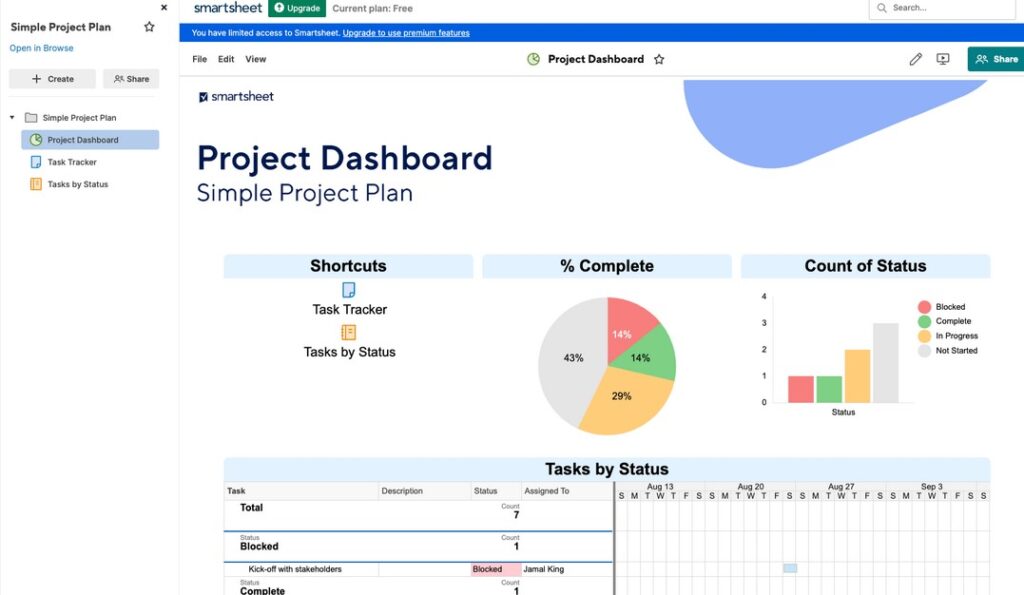
Integration Capabilities
In today’s interconnected business environment, the integration capabilities of top Software Project Management Tools are a pivotal factor in their effectiveness. These tools must offer seamless compatibility with other essential business software like CRM and ERP systems.
This integration ensures a cohesive flow of data across various business functions, enhancing overall operational efficiency.
Moreover, the availability of APIs and third-party integrations is crucial. These features allow for extended functionality, enabling businesses to tailor their project management solution to their specific needs. This can include everything from adding advanced analytics to integrating with specialized software used by different departments.
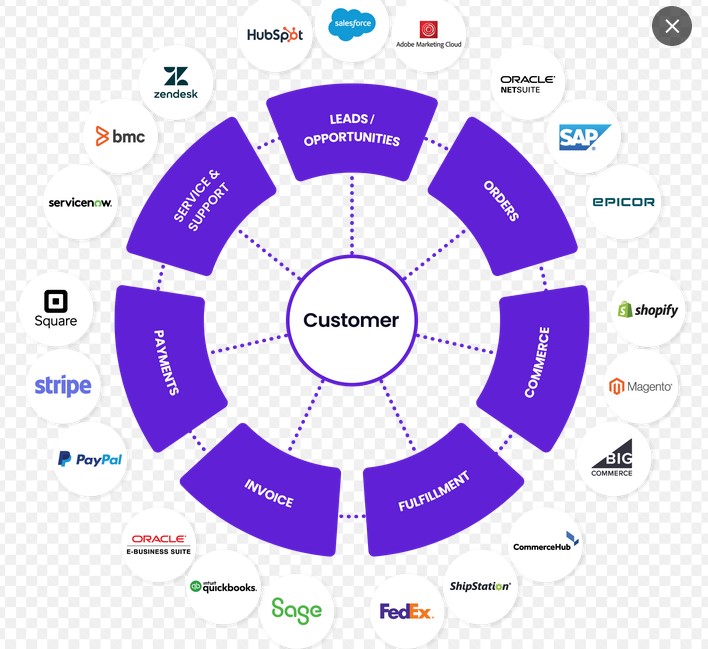
Customization and Flexibility
The true strength of Top Software Project Management Tools lies in their customization and flexibility.
In 2025, businesses require tools that not only fit their current needs but can also scale and adapt as they grow.
This means having options for personalization, from custom dashboards to tailored reporting, to suit different project types and sizes.
Scalability and adaptability to various project requirements are also vital. Whether it’s a small internal project or a large-scale enterprise operation, the software should provide the necessary tools and flexibility to manage these effectively. This adaptability ensures that businesses of all sizes can leverage these tools for optimal project management.

Mobile App Availability and Performance
In the digital age of 2025, the availability and performance of mobile applications for Top Software Project Management Tools are more critical than ever. The best tools offer high-quality mobile apps, ensuring that project management is not confined to desktops.
These apps should provide a comprehensive set of features, enabling managers and team members to track and manage projects on the go.
Cross-platform compatibility across iOS, Android, and other mobile operating systems is essential. This ensures that all team members, regardless of their preferred device, have equal access to the tool’s functionalities.
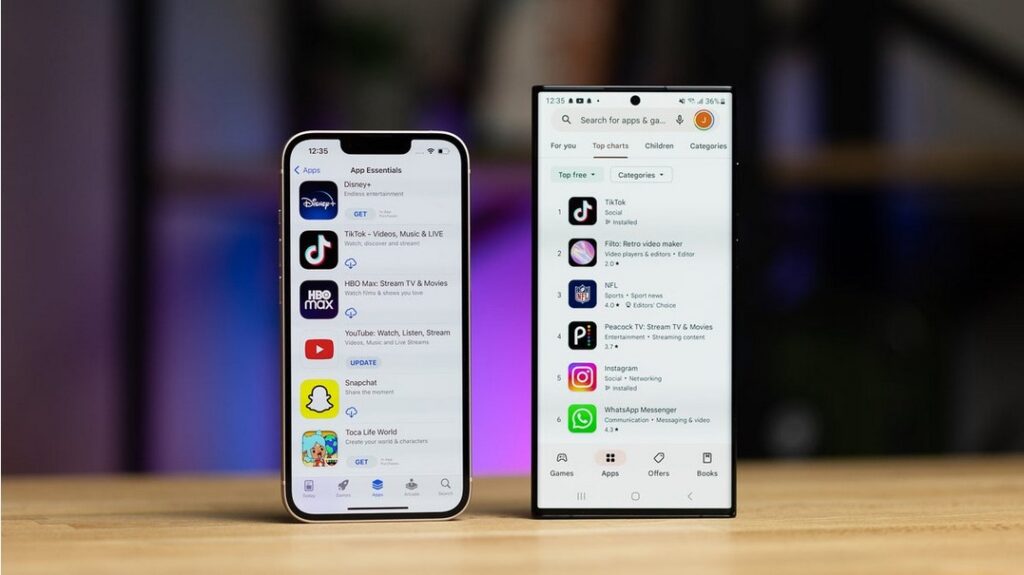
Pricing and Value for Money
When it comes to Top Software Project Management Tools, pricing models and the value for money they offer can be deal-breakers.
In 2025, it’s important to compare not just the cost but also what you get for that cost — the features-to-price ratio. Some tools might offer a lower price but come with limited features, while others might be more expensive but provide a comprehensive set of tools and integrations.

Security and Data Protection
Security measures and compliance with data protection standards are paramount in choosing the Top Software Project Management Tools. With increasing concerns about data breaches and cyber threats, it’s essential to evaluate the security protocols these tools employ. Look for features like encryption, user authentication, and regular security audits.
Furthermore, robust data backup and recovery processes are crucial to ensure that critical project data is never lost and can be quickly restored in case of any unforeseen events.
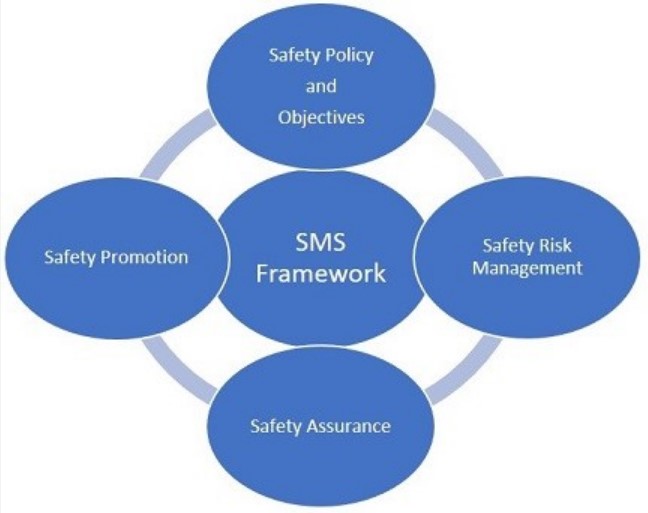
Customer Support and Resources
The quality and availability of customer support are significant aspects of the Top Software Project Management Tools. Reliable customer support can greatly enhance the user experience, especially when dealing with complex projects or technical issues.
Additionally, the availability of learning resources and community forums is beneficial. These resources help users maximize the tool’s potential and foster a community where users can share tips, tricks, and best practices.

User Reviews and Feedback
- Analysis of User Reviews and Ratings:
- In-depth analysis of aggregated user reviews for Top Software Project Management Tools across various platforms, including industry forums and software review sites.
- Average ratings calculated to present an objective view of user satisfaction.
- Common Praises and Complaints:
- Praises: Users commonly applaud the intuitive user interfaces, comprehensive feature sets, and responsive customer support of these tools.
- Complaints: Some recurring issues include occasional software glitches, perceived high costs for certain features, and complexity in some tools that lead to a steep learning curve.
Industry-Specific Suitability
- Applicability to Various Industries:
- Examination of how Top Software Project Management Tools are tailored to meet the unique needs of different industries, such as IT, construction, healthcare, and marketing.
- Analysis of the versatility and adaptability of these tools in various sector-specific scenarios.
- Case Studies or Examples of Industry Use:
- Real-world success stories and case studies detailing how different industries have implemented these tools to streamline operations and enhance project management efficiency.
- Testimonials from industry leaders and project managers illustrating specific benefits and improvements.
Sustainability and Future-Readiness
- Adaptability to Future Trends:
- Evaluation of how the Top Software Project Management Tools are gearing up for future trends, including integration with emerging technologies like AI and machine learning.
- Assessment of cloud-based project management solutions and their advantages in terms of scalability and flexibility.
- Environmental Impact and Sustainability Practices:
- Discussion of the eco-friendly initiatives and sustainability practices employed by these tools, if applicable.
- Analysis of the digital footprint and environmental considerations of these software solutions.
Conclusion and Rankings
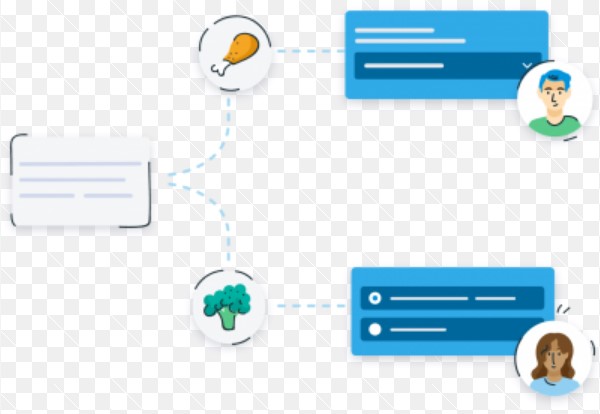
- Final Comparison and Ranking of the Tools:
- A comprehensive ranking system, taking into account factors like features, user feedback, industry adaptability, and sustainability measures.
- A focus on value for money in project management tools as a key determinant in the final ranking.
- Summary of Key Takeaways:
- Recapitulation of the significant findings from the analysis, highlighting the best project management software for diverse business needs.
- Final insights on selecting the most suitable tool based on individual business requirements and industry nuances.
